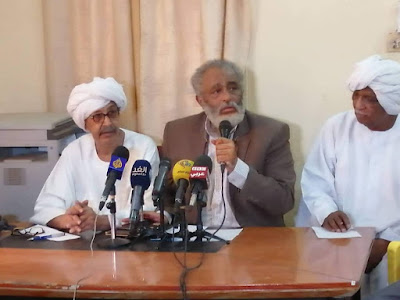 |
| Al-Sisi |
The major significance of the “yes” vote is that the amendments will extend Egypt’s sitting president, Abdel-Fattah Al-Sisi's term by two years, from 2022 to 2024.President al-Sisi will also be allowed in 2024 to run for another — and final — six-year term. Others who wish to compete in 2024 also will have the chance to run two times. Abdel-Hadi Al-Qasabi, leader of the parliamentary majority, the Support Egypt coalition, explained that the “Members of Parliament decided to give Al-Sisi a chance to run for another six-year term beyond 2024 in appreciation of his role in helping the Egyptian people in 2013 get rid of the Muslim Brotherhood regime and restore stability.”










